4 Reasons to Watch Patterns of Evidence: The Moses Controversy
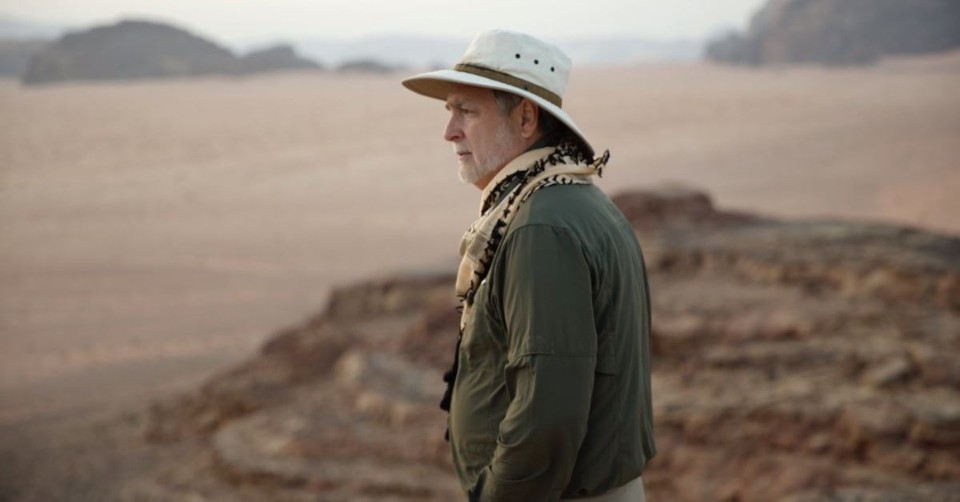
Filmmaker Timothy Mahoney’s first biblical archaeology film, 2015’s Patterns of Evidence: The Exodus, was so popular that it sold out theaters and led to an encore presentation. Now, Mahoney is ready to release the sequel.
Patterns of Evidence: The Moses Controversy will show in theaters three nights only (March 14, 16, 19) and explore a question almost as old as Scripture: Did Moses write the first five books of the Old Testament?
It is the follow-up movie to the 2015 film that examined the archaeological evidence for the Israelites’ exodus from Egypt.
Crosswalk recently screened The Moses Controversy and spoke with Mahoney. Here are four reasons you should watch it:
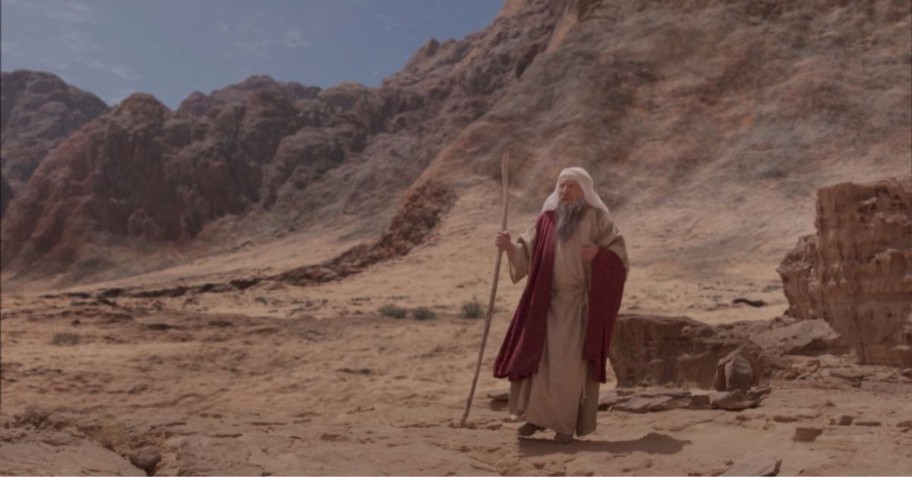
1. It Examines a Significant Issue
The debate over the Pentateuch’s authorship isn’t trivial, Mahoney says, because it gets to the heart of whether Scripture is trustworthy. Liberal theologians assert that Moses could not have written the Pentateuch because the Hebrew alphabet had not been developed when he was alive. In other words, Moses would not have had a written language to use. These same theologians say it was written hundreds of years after Moses’ death.
The Bible, though, claims Moses wrote the Pentateuch (Exodus 17:14, Numbers 33:2, Joshua 8:31).
“God spoke specifically to Moses,” Mahoney told Crosswalk, “and shared with him very important information that actually became the foundation for the Bible -- the Ten Commandments, the origin of the universe, the fall of man, the story of God acting in history and communicating who He was to mankind. All of that is developed in those first five books of the Bible. And not only that, but almost all the other books point back to Moses and reference the writings of Moses. Even Jesus talks about Moses. So, all of those stories are suspect if Moses didn't exist and if he didn't write those first books.”
Photo courtesy: Thinking Man Films
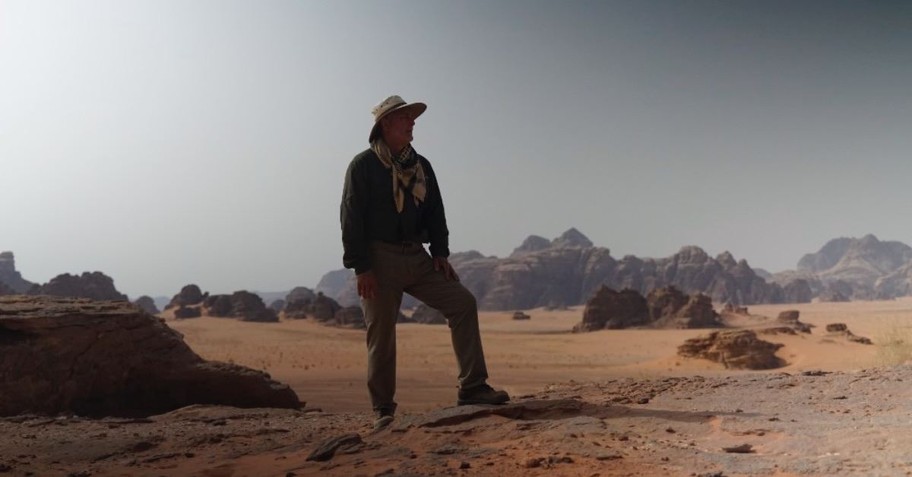
2. It’s Entertaining (and Educational, Too)
Mahoney knew little about the debate over Moses’ authorship when he began making the film. He only knew there was disagreement.
“The surprise for me was uncovering information,” Mahoney said.
Mahoney travels the world to interview scholars on the Left and the Right, asking them to answer each other’s claims. He is part-journalist, part-explorer, part-archaeologist. The viewer learns as Mahoney learns. He is fair.
One “aha” moment takes place when Mahoney discovers that Flinders Petrie (1853-1942), a British archaeologist who is sometimes called the “father of Egyptology,” found evidence suggesting Moses had access to a written alphabet he could have used.
“Did everybody forget what [Petrie] wrote or did they conveniently forget?” Mahoney asked, rhetorically.
Mainstream scholars often participate in group think and assume their paradigms are true, he added.
“Sometimes it just takes an outsider to sort of look at things,” Mahoney said. “I'm just raising questions. It's up to the scholars to give us the answers. But then it's up to you as an audience to basically say, do I buy their answer?”
Photo courtesy: Thinking Man Films
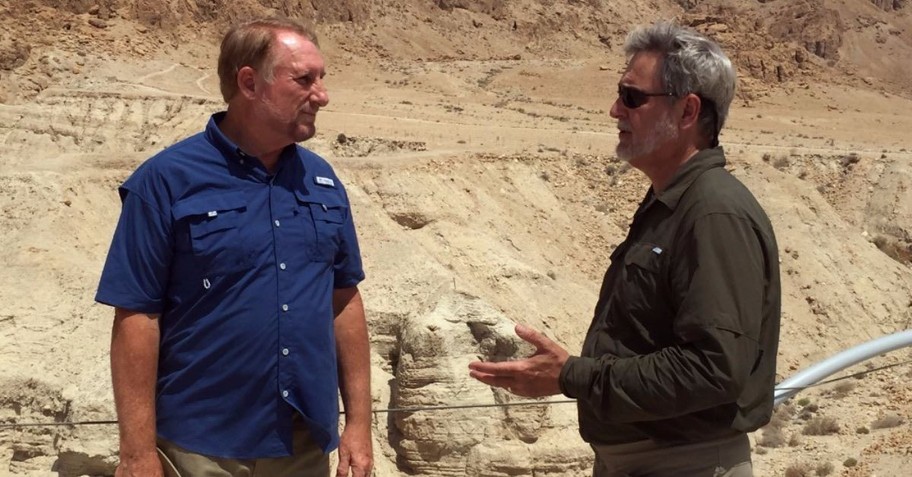
3. It Simplifies the Complex
You don’t have to purchase a three-ring binder and a box of pencils before watching The Moses Controversy. This isn’t a classroom.
Still, you’ll learn a lot, as Mahoney uses plain language and easy-to-understand graphics to simplify complicated concepts. I knew nothing about the history of the Hebrew language before watching it. Heck, I didn’t even know there was a controversy over the origin of the Hebrew alphabet. But when the credits rolled, I understood the debate.
Mahoney is like a good college professor: He presents the problem, makes you think it’s unsolvable, and then offers the solution. After I watched the first half of The Moses Controversy, I was skeptical Mahoney could put it all back together. But he did.
Photo courtesy: Thinking Man Films
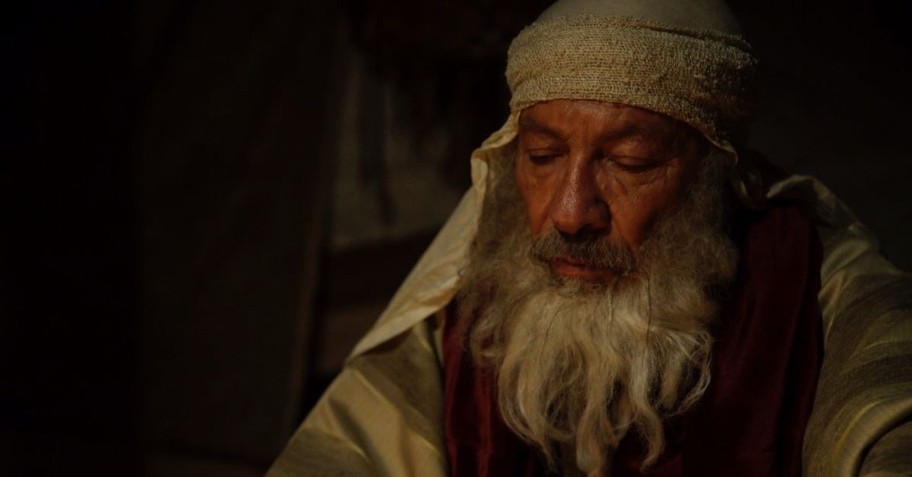
4. It Strengthens Your Faith
We’re living in a day when skepticism abounds: The percentage of adults who claim they have no religion has doubled since 2005 and increased tenfold in the past 50 years, according to Gallup.
That’s one reason movies like Patterns of Evidence: The Moses Controversy are needed. It provides answers to people who are prone to doubt. It also equips Christians with the tools needed to have a grace-filled educated conversation with their neighbors.
As Mahoney proves, we shouldn’t be afraid to ask tough questions. Discovering the answers only strengthens our faith. For example, Mahoney raises a tantalizing possibility: Was the first alphabet invented at the same time the Pentateuch was written? And if so, did God orchestrate the whole process, simply to record his words in what we now know as the Bible?
“Was this fantastic tool of an alphabet more than just a coincidence? Because behind that was a book that utilized it to communicate its message more than any the other book – the Bible,” Mahoney said. “And that is what I came away going: What if?”
Learn more at PatternsOfEvidence.com.
Michael Foust is a freelance writer. Visit his blog, MichaelFoust.com.
Photo courtesy: Thinking Man Films
Originally published March 01, 2019.








